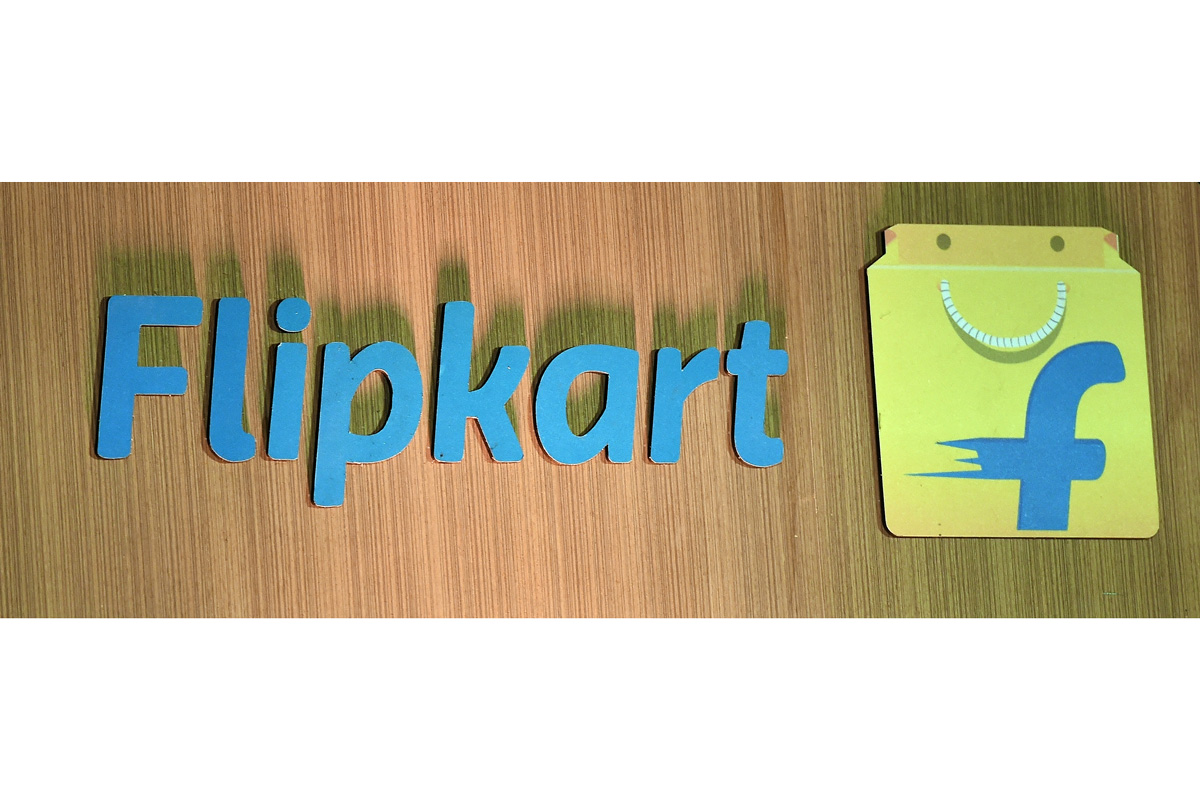A Survey Decoded
Offering rare insights in the Government’s economic thinking and giving a snapshot of the Indian Economy, together with a SWOT analysis, every word of the Economic Survey is precious to serious students of economics.
Under this ‘Flipkart Quick’, when a customer places an order the items are sourced from local stores, warehouses and retail chains.

Walmart-backed Flipkart is pictured during an event in New Delhi. (Photo: AFP)
Walmart’s e-commerce giant Flipkart on Tuesday launched a hyperlocal service in the southern Bangalore city, more than four years after shutting down a similar experiment conducted in the grocery space.
The service, called ‘Flipkart Quick’, which will also offer 90-minute deliveries of fresh vegetables, meat, and mobile phones, will initially be available at select locations in Bengaluru and would be gradually scaled up and expanded to six large cities by the end of the year, Flipkart Vice-President Sandeep Karwa told a media agencies.
Advertisement
The coronavirus pandemic has helped online grocery delivery services to gain significant traction and with the entry of JioMart in the segment, the competition is set to intensify further between Amazon, Flipkart and the new entry (JioMart) in the sector.
Advertisement
Under this ‘Flipkart Quick’, when a customer places an order the items are sourced from local stores, warehouses and retail chains. Beginning in select locations of Bengaluru, including—Whitefield, Panathur, HSR Layout, BTM Layout, Banashankari, KR Puram and Indiranagar—under the Flipkart Quick, the company will be able to allow its customers to choose to order in the next 90 minutes or book a 2-hour slot as per their convenience. The orders get delivered between 6 am to midnight with a minimum
“While we start with our dark store (no-walkin) model, wherein we enable sellers to store inventory close to the consumer; this model has the potential of encouraging local entrepreneurship and enabling new business strategies and partnerships,” Karwa said.
Offline retailers, who have taken a major hit on account of the lockdown, are also keen on partnering with digital platforms to facilitate the delivery of goods.
In the past few months, Flipkart has tied up with a number of retail chains like Spencers and Vishal Mega Mart to enable hyperlocal deliveries of groceries and essentials in various cities.
According to a recent report by Goldman Sachs, India’s e-commerce business is expected to grow at a compound annual growth rate (CAGR) of 27 per cent to reach USD 99 billion by 2024, with grocery and fashion/apparel likely to be the key drivers of incremental growth.
The report said BigBasket and Grofers accounted for more than 80 per cent of the online grocery segment in 2019 but projected that Reliance Industries would capture half of the online grocery sales with the help of its partnership with Facebook.
Advertisement